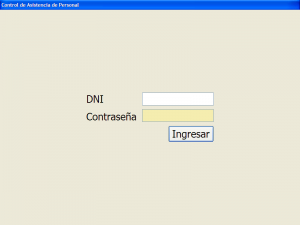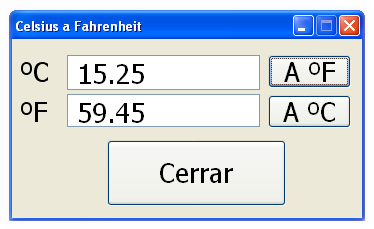Just as I published some days ago the Simple C++ String Class as a C++ learning exercise, now I am freeing a Simple C++ List Class.
The standard library has a list class. But, while learning, it’s a good idea to know how to develop your own list class.
That’s why I made the List class. It’s not intended for professional projects (for them, you should use the standard library’s list), but as help to learn C++.
1 2 3 4 5 6 7 8 9 10 11 12 13 14 15 16 17 18 19 20 21 22 23 24 25 26 27 28 29 30 31 32 33 34 35 36 37 38 39 40 | template <class TYPE>class List{ /* ... */public: //Construction and destruction List() { /* ... */ } ~List() { /* ... */ } List(const List& rlList) { /* ... */ } //Assignment operator List& operator=(const List& rlList); //Information int Length() { /* ... */ } bool Empty() { /* ... */ } //Element managing int Add(TYPE& rtData); TYPE* Elem(int nPos); bool Delete(int nPos); void DeleteAll(); //Search int Find(TYPE& rItem, int nStartAt = 0); //Operadores TYPE& operator[](int nPos) { /* ... */ } //Elem int operator<<(TYPE& rdData) { /* ... */ } //Addprotected: void FreeList(); void Init() { /* ... */ }};//Outputtemplate <class TYPE>std::ostream& operator<<(std::ostream& oStream, List<TYPE>& rlList); |


Recent Comments